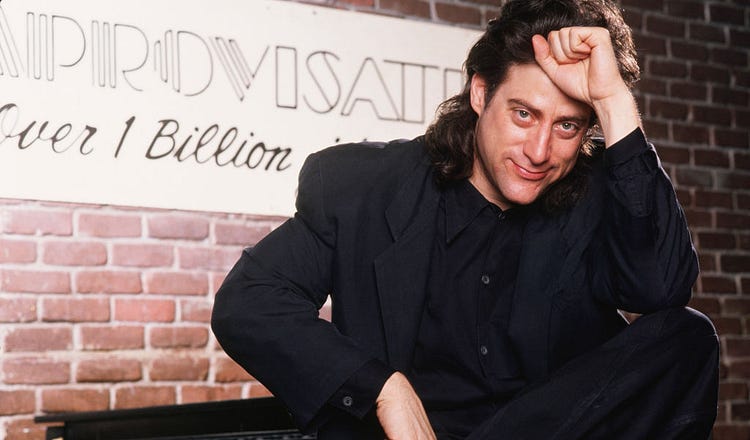Violent Rioters at Berkeley. In Defense of Self-Driving Cars. Richard Lewis, RIP

Richard Lewis in 1989. (Photo by George Rose/Getty Images)
Plus: McConnell to step down.
205
Today from the Free Press. . . the self-sabotage of opposing self-driving cars, Texas A&M shutters its Qatar campus, an amicus brief from David Mamet, and more.
But first, our lead story. . .
Few are more consistent in their commitment to free speech than Greg Lukianoff, the president of the Foundation for Individual Rights and Expression (FIRE). Greg an…
Continue Reading The Free Press
To support our journalism, and unlock all of our investigative stories and provocative commentary about the world as it actually is, subscribe below.
$8.33/month
Billed as $100 yearly
$10/month
Billed as $10 monthly
Already have an account?
Sign In


